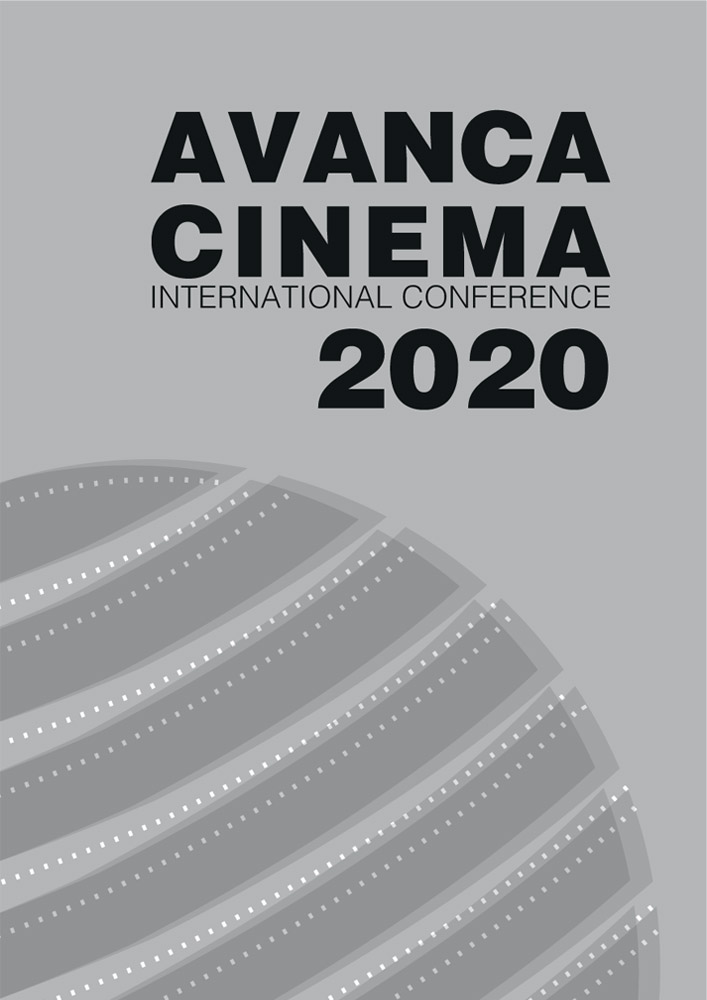Chapitre I _ Cinéma - Art
“The Fantastic Flying Books of Mr. Morris Lessmore” de William Joyce e Brandon Oldenburg: quando o som se mostra dominante na construção de uma narrativa de texto e imagens.
Résumé
Through the short film “The Fantastic Flying Books of Mr. Morris Lessmore” by William Joyce and Brandon Oldenburg, with music by John Hunter, we intend to realize how this component constructs the poetic and affective imaginary of the work. Facing us with a film without words, we perceive that all the imaginary is constructed in the discourse of images and sounds. We know that the sound component was designed in close collaboration with the filmmakers. In this sense, it comes from a proposal made by William Joyce and Brandon Oldenburg, in the sense that the musical component is based on the song “Pop Goes the Weasel”. The composer, with this information, outlines his work proposal which, in addition to citing the proposed source, calls the “Suite”. In our work, it is our intention to understand how the sound is constructed in order to elucidate these contents, but also the techniques of composition employed. We will look at how the composer integrates the song through the use of intertextuality, as well as how the proper elements of the Suite form are shown. Because Suite is a Baroque form, we will try to understand if its constituents demonstrate the elements present in the Affect Theory, popular theory at the time in the determination with expressive contents of a work. With this film, we realize that music, emphasizing the image, builds another level of meaning, another way of experiencing life and art.
Références

Ce travail est disponible sous la licence Creative Commons Attribution 4.0 International .

